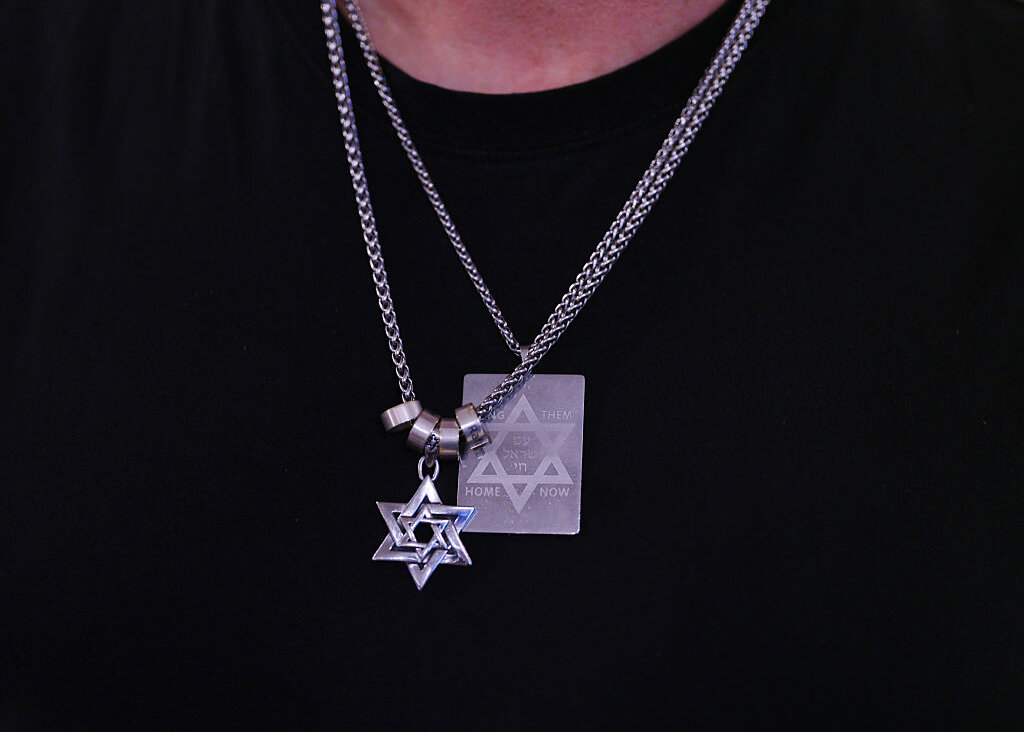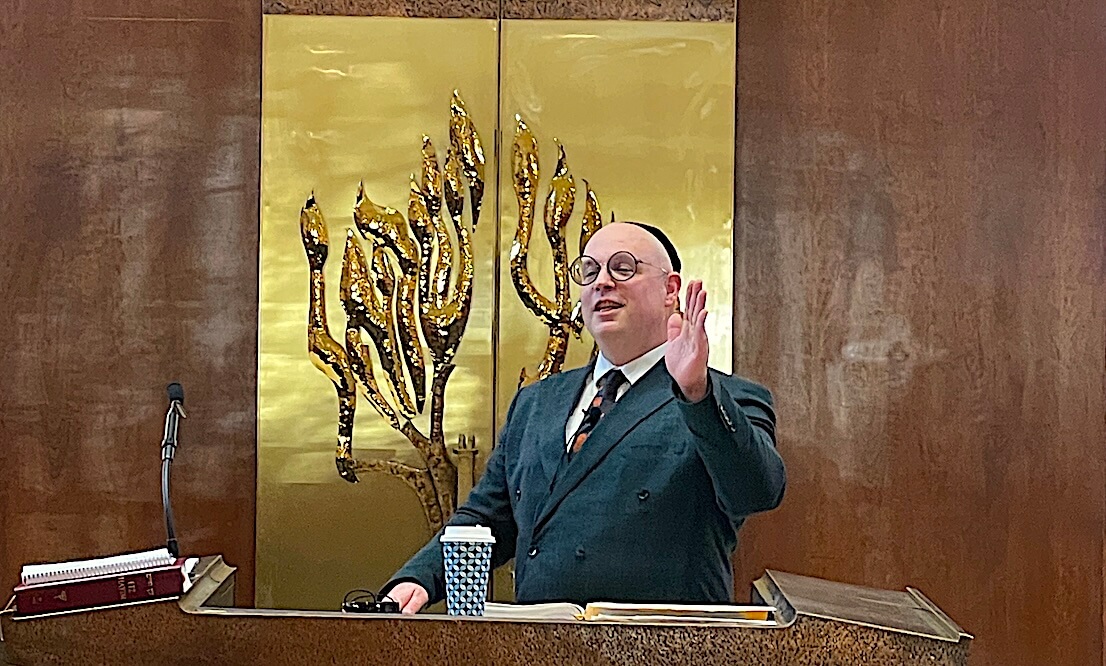Shimon Peres Won Plaudits and Nobel Prize — but Goal of Peace Eluded Him

Image by Getty Images
Shimon Peres, who died on Wednesday at the age of 93, never realized his vision of a new Middle East built upon a 1993 interim peace deal he helped shape with the Palestinians.
But Israel’s elder statesman won world acclaim and a Nobel prize as a symbol of hope in a region long plagued by war fueled by deep religious and political divisions.
Peres was hospitalized following a stroke two weeks ago and his condition had improved before a sudden deterioration on Tuesday, doctors said. In announcing his passing, family members said that he did not suffer pain, and as a last act after death, he donated his corneas for transplant.
“Don’t forget to be daring and curious and to dream big,” Peres urged first-graders at the start of the school year in a posting on his Facebook page earlier this month. The comment seemed to sum up his own credo.
In a career spanning nearly seven decades, Peres, once a shepherd on a kibbutz, or communal farm, served in a dozen cabinets and twice as Labour Party prime minister, but he never won a general election outright in five tries from 1977 to 1996.
“I am a loser. I lost elections. But I am a winner — I served my people,” Peres, who held the largely ceremonial post of president from 2007-2014, once said in a speech.
He shared the 1994 Nobel Peace Prize with Israel’s late prime minister Yitzhak Rabin and Palestinian leader Yasser Arafat for a 1993 accord that they and their successors failed to turn into a durable treaty.
When a far-right Jewish Israeli opposed to the peace deal assassinated Rabin in November 1995, the torch passed to Peres.
But Palestinian suicide bombings that killed dozens of Israelis and an aggressive campaign by Likud battered Peres’s rating and he lost the 1996 election to Benjamin Netanyahu by less than 30,000 votes.
In 2000, the failure of final-status peace talks with the Palestinians and the eruption of a Palestinian uprising rife with suicide bombings further damaged Israel’s left and Peres’s leadership prospects.
In 2005, Peres left the Labour Party to join then Prime Minister Ariel Sharon’s new party, Kadima, which had spearheaded Israel’s unilateral pullout from the Gaza Strip earlier that year. Following Kadima’s 2006 election victory, Peres served as vice prime minister.
FOUNDING FATHERS
Born in 1923 in what is now Belarus, Peres immigrated to British-ruled Palestine with his family a decade later.
Israel’s founding father David Ben-Gurion groomed him for leadership. He oversaw arms purchases and manpower in the Hagana, the Zionist fighting force, before Israel’s establishment.
Peres is widely seen as having gained nuclear capabilities for Israel by procuring the secret Dimona reactor from France while defense ministry director-general in the 1950s.
As defense minister he oversaw the dramatic 1976 Israeli rescue of hijacked Israelis at Entebbe airport in Uganda.
Peres was popular in his first term as prime minister in 1984-86 as part of a power-sharing pact with Likud. He pulled troops back from Lebanon, normalized relations with Egypt and cut inflation from 445 percent a year to below 20 percent.
Despite his key role in building Israel’s defenses, Peres never gained broad popular trust in his security credentials as Rabin, his Labour rival and former army chief, or Sharon enjoyed.
Most Israelis, hardened by frequent conflict, dismissed his vision that a new age for the Middle East was dawning hand-in-hand with peace deals.
He was seen abroad as an urbane diplomat but at home often as an ego-driven manipulator in domestic politics who eroded his party’s identity out of a thirst for cabinet posts after election losses to Likud.
Nevertheless, during his last years, the last of Israel’s founding fathers saw a rise in his popularity among Israelis. He used the presidency as a pulpit for advocating peace and maintained an active public schedule, encouraging Middle East diplomacy and technological innovation.
He is also known for his stewardship of the Peres Center for Peace, a non-governmental organization focused on building closer ties with the Palestinians, improving healthcare and developing local economies.
Earlier this month, after a series of health scares including a mild heart attack, Peres received an artificial pacemaker.
“I feel great. When can I get back to work already? I’m bored!” he told reporters at the time.
Peres wrote several books including “Entebbe Diary,” “The New Middle East” and “Battling for Peace.” His wife, Sonia, died in 2011. He is survived by two sons and a daughter.—Reuters















